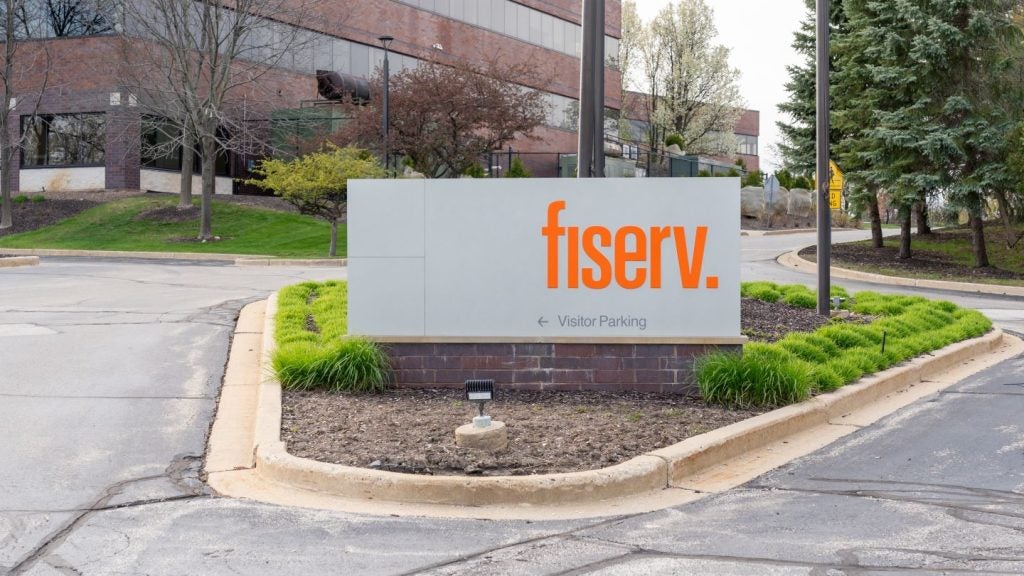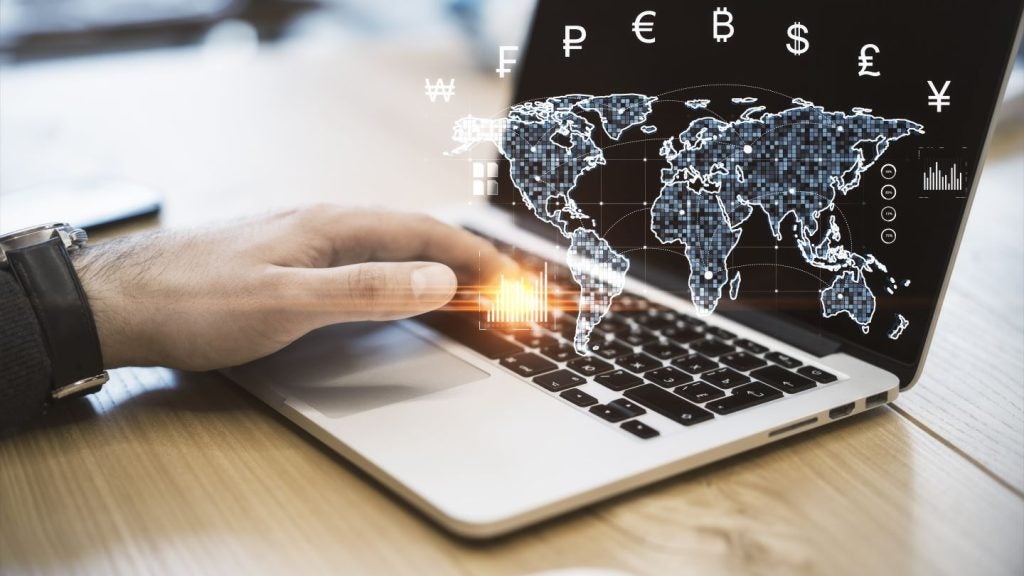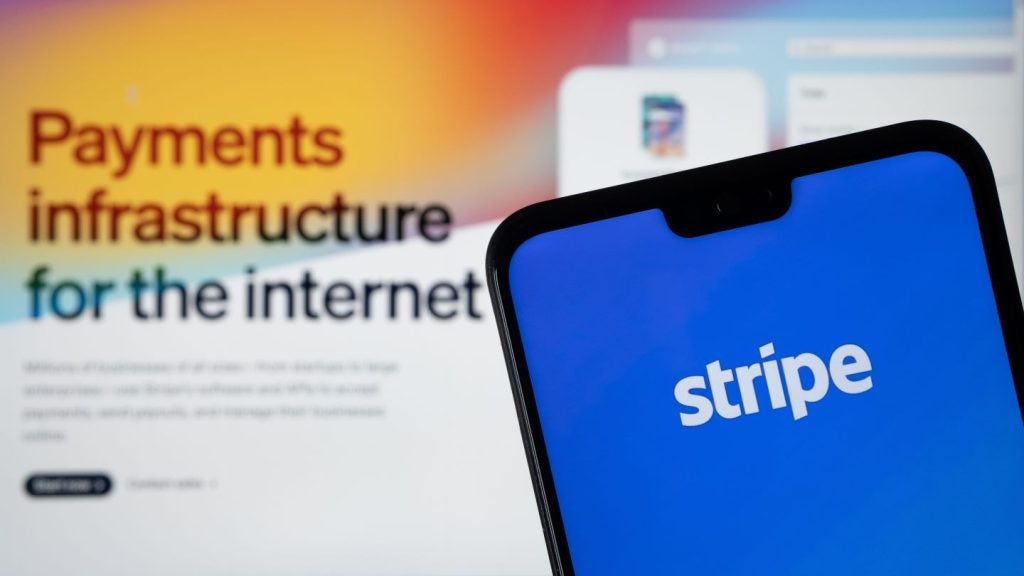Examining the benefits, for the first time, of digital and mobile payments, the World Bank reveals how they have not only been successful in the developing world, but how developed economies can take full advantage. Patrick Brusnahan speaks to the World Bank and discovers how vital these alternative options can be
The Opportunities of Digitising Payments report from the World Bank, in partnership with the Bill & Melinda Gates Foundation, as well as the Better Than Cash Alliance, highlights the how the digitisation of payments has contributed to financial development and benefited the poorer population in emerging markets.
A particular example is M-Pesa. First introduced in Kenya in 2007, the report stated that users of the service were able to ‘absorb large negative income shocks without any reduction in household consumption.’ In comparison, similar households not connected to
M-PESA suffered a 6-10% reduction in consumption in response to similar shocks.
Barely seven years after its introduction, M-Pesa is now a crucial part of Kenya’s economic infrastructure. Statistics from Safaricom
show that over KSh2bn is transacted on M-PESA daily, the equivalent of over 40% of Kenya’s GDP. 17m Kenyans have taken up
the service, which accounts for over 12% of all users of mobile money.
Now expanded into several countries in Africa and Asia, including India and South Africa, and just entering into Eastern Europe,
there appears to be no limit to where this revolutionary service can impact. The big question is whether developed economies will take
up this opportunity.
The World Bank certainly believes they should. Ruth Goodwin-Groen, managing director of the Better Than Cash Alliance, said: "We recognise that while the opportunities of digital payments abound, getting there takes work. Yet digitising payments is achievable when a government articulates a clear vision, leads by example and provides the right incentives for the private sector to do what they do best: innovate, develop infrastructure and create products designed to succeed in the marketplace."

US Tariffs are shifting - will you react or anticipate?
Don’t let policy changes catch you off guard. Stay proactive with real-time data and expert analysis.
By GlobalData
The report provides an action plan to encourage governments to adopt the benefits of digital payments, a plan that will be urged towards the G20 governments at their Brisbane Summit in November of this year.
The calls to action include digitising government payments and receipts, including social transfers. The aim of this would be to ‘dramatically’ reduce costs, as well as increasing efficiency and transparency. The main goal in this step would to create a foundation on which private sector and person-to-person payments can build on.
Private sectors could see this step as a catalyst for immense growth if these alternative services were more utilised. For this to happen, governments need to establish a level playing field and a clear vision in the process, making certain that there are no disproportionate hurdles. Otherwise, the reverse effect may be achieved. Innovation and competition would be limited and ultimately lead to noncompetitive solutions in the market, reducing the availability of reliable, safe and secure financial systems.
Geoffrey Lamb, chief economic and policy advisor to the co-chairs and CEO of the Bill & Melinda Gates Foundation, said: "Governments have to take the lead and drive digital financial development forward. The evidence shows that private sector firms will
innovate and citizens will quickly learn to use and appreciate digital payments. But we need governments to establish the vision, the digital platforms and the regulatory assurance to pull the hundreds of millions of currently excluded people into full participation in the
modern economy."
There are, however, significant pitfalls to avoid. Leora Klapper, lead economist at the World Bank Development Research Group,
said: "In order for digital payments to reach the goal of broader financial inclusion, it’s necessary to educate people on how to use
these accounts to their benefit. That ranges from making sure that people understand how to use their PIN number, that their PIN
numbers should remain private, to recourses in case of error or fraud."
Klapper, concluded: "Developed countries could benefit from digital payments. Even in the US, access to a mobile payment account
would be very valuable."







